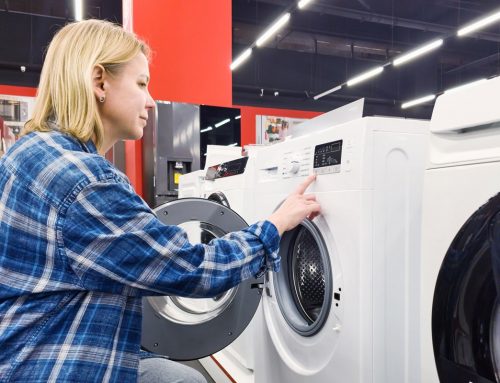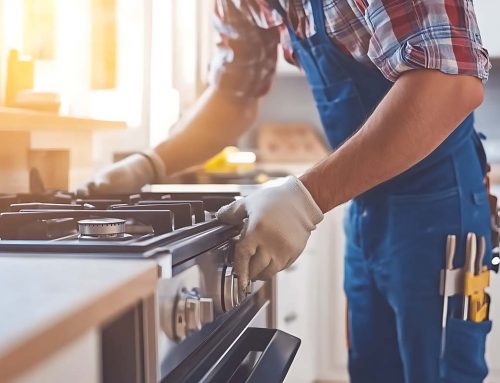There are plenty of choices today for cooktops. Some people choose a range with an oven that is built-in below the cooktop. However, often, one chooses the cooktop separately from the oven. In today’s blog article we want to talk about what the options are for types of cooktops: gas, electric, or induction.
Gas
When we say gas, we refer to natural gas. This choice is only possible if you are already piped for natural gas, which is not available in all areas. So, if you do not already have natural gas to your property, then this one is off the list. However, it is possible to have a propane stove with a large propane tank (or pig) somewhere on the property. There are many gas stoves available specifically for propane.
Gas stoves are usually more expensive to buy, but less expensive to run over the long run. The advantage of a gas stove is that you can use the stove even if there is a power outage—you would just have to light the gas manually. In addition, most gourmet cooks prefer a gas stove because the changes in temperature are instant, and there is no cycling or turning on and off of heat like what exists with an electric stove.
The disadvantages of a gas stove are that they are more polluting. Gas stoves emit particulates in the air which some individuals are sensitive to. Electric or induction stoves do not.
Electric
An electric stove is going to be a little less expensive to buy, but more expensive to run over time. We cannot give you specific numbers because the prices of electricity and gas (or propane) vary with time and location, but it is possible to do that calculation.
The big advantage of an electric stove is that it runs cleaner. It does not emit any particulates to the air. Electric stoves also, today, generally turn on and off quickly, unlike in the past. Some would argue that electric stoves look sleeker and are also easier to clean, if you have a glass top. An electric stove with coils in not going to be easier to clean than a gas stove. However, others are not crazy about the glass top and find it hard to clean.
The glass top of an electric stove is easy to scratch if you are not careful. It is difficult to use rough-bottomed cookware like a cast-iron pan without scratching the glass. Another disadvantage is that most electric stoves cycle on and off, which makes using high heat, such as for canning, difficult or impossible. Also, while the glass top of the electric stove is sturdy and reinforced, it is still possible to break the glass.
Induction
An induction stove is a special type of electric stove. It will have almost all of the same advantages and disadvantages listed above of the plain electric stove, with one exception. Induction stoves will not work with all cookware; these stoves require cookware that contains iron. So, if you have, for example, glass cookware, it will not work on an induction stove.
One added advantage of the induction stove is that it will not turn on if there is no pot on the stove. This is because the stove creates heat in a reaction between electromagnetic forces below the surface and the pot above the surface. If there is no pot, then there is no heat. Also, note that induction stoves sometimes create a noise or hum when they are operating.
Only you, the homeowner can determine which factors are the most important to you when choosing a stove. Fortunately, there is plenty to choose from.
We are experts at appliance installation and work throughout the Lower Mainland. If you have questions about installing appliances, we can answer them. Just give us a call at (604) 233-9216.
Han Appliances are trusted appliance installation experts on the Lower Mainland, who work closely with many of the appliance dealers. If you need some appliances installed in the Vancouver area or you have any questions about this article, please call us at (604) 233-9216.







